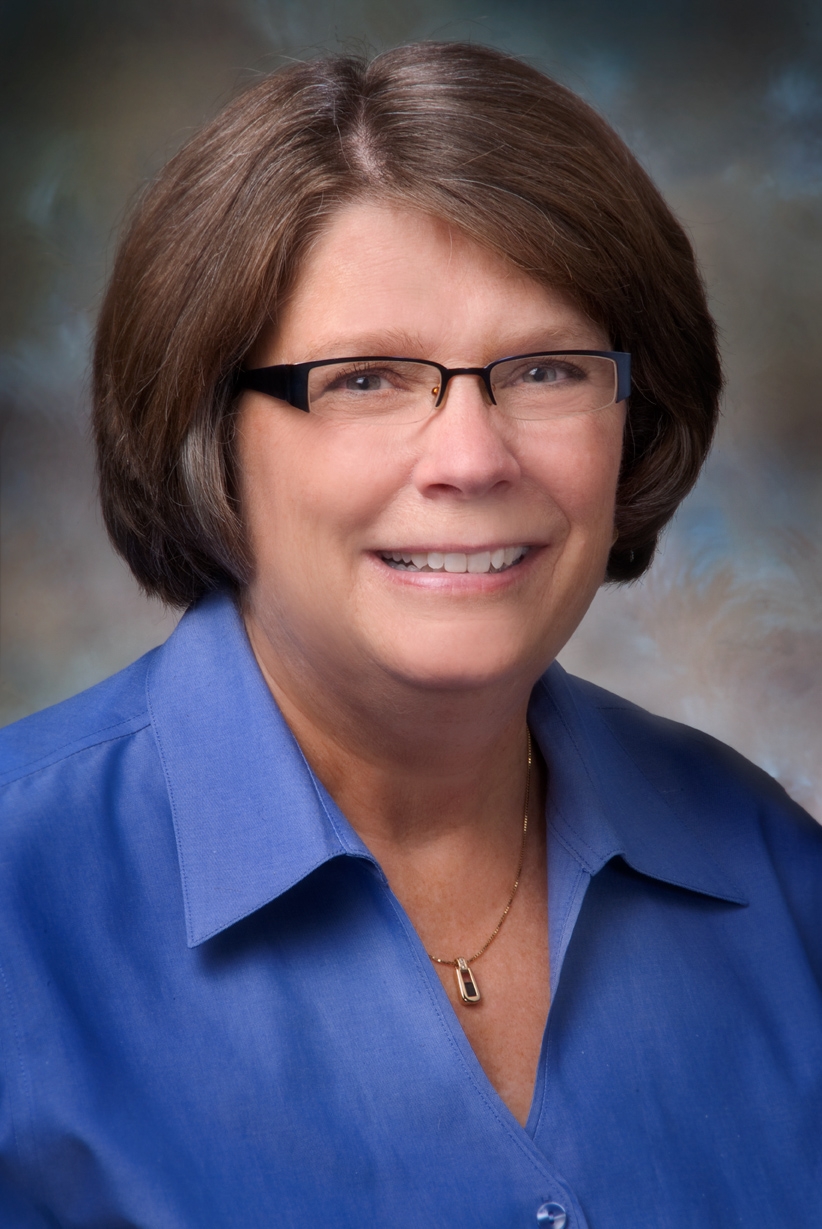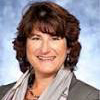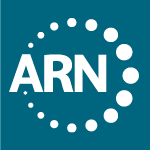Optional Events Provide a Local View
Below is a listing of events that occurred at ARN's 2018 conference. Review it to read about our great events from 2018 or learn about the ARN REACH Annual Meeting.
Professional Tours
The Woodlands at John Knox Village [PT] 2.5 CH
October 17, 2018, Noon–4 pm
The Green House Project differentiates this long-term skilled care facility from most with its contemporary spa resort iteration, featuring state-of-the-art rehabilitation and care-enhanced living. Founded in 2001, The Green House Project boasts warm, home-style architecture and enriching family-like warmth. Attendees toured the homes to see how patients heal, relax, and renew themselves on their own schedule, in addition to the amenities offered, such as the Rejuvenate Spa & Salon, Wellness Studio, Life Enrichment Center, Palm Bistro, and more.
Additional Fee: $50; Space is limited.
SimBus: A Unique Hands-on Simulation Experience [SIM] 1 CH
October 19, 2018, 8 am–5:45 pm
Simulation training was offered on the 36-foot SimBus. JAHVH simulation faculty demonstrated rehabilitation concepts and skills training using interactive simulation training stations. The use of the SimBus in community based disaster emergency management preparedness training was discussed. Participants engaged in seven cases of hands on training patient scenarios such as right-side brain stroke, left side brain stroke, SCI- AD presenting, TBI-S/P craniotomy, post motor vehicle accident and orthopedic surgery with central line CLASBI, post fall with Foley catheter, and IDDM (Diabetes) s/p right below the knee amputation.
Learning Objectives
- Discuss how the simulation can be incorporated into their practice to improve patient/staff education
- Identify 3 nursing interventions to treat Autonomic Dysreflexia (AD) based on the simulation activity
- Describe how swallowing precautions are affected by right and left-brain stroke location based on the simulation activity
Additional Fee: $30. Each session lasted 60 minutes.
Tai Chi Easy
October 19, 2018, 7-7:45 am
A unique Tai Chi/Qigong session to benefit you as well as your patients! Roger Jahnke, O.M.D. developed this practice to support and empower individuals in their quest for better health, improved vitality, productivity, purpose and joy. The practice incorporates simple Qigong and 5 Tai Chi movements, including gentle movement, self-applied massage, breath practice and meditation.
Instructor Audrey Hartz is an experienced rehab nurse, practicing Tai Chi and Qigong for 20 years. She is a certified Tai Chi Easy Practice Leader.
Additional fee: $10.
RNF Dinner Symposium on Stroke and Caregivers [RNF] 2.5 CH
October 19, 2018, 6 pm-8:30 pm
The Rehabilitation Nursing Foundation (RNF) is dedicated to advancing rehabilitation nursing practice by promoting, developing, and/or engaging in educational activities and scientific research to improve the quality of health care to individuals with a disability or chronic illness. Colleagues attended this special event to raise money for RNF.
The Crisis of Stroke: Understanding Caregiver Readiness

Barbara Lutz, PhD RN CRRN PHNA-BC FAHA FNAP FAAN
The McNeill Distinguished Professor
University of North Carolina-Wilmington
Wilmington, NC
Stroke is a crisis event for both stroke survivors and their family members. It occurs suddenly, often causing long-term disabling limitations. Family members are called upon to assist stroke survivors with ADLs and IADLs and provide cognitive and emotional support during an inpatient stay and post-discharge. These family caregivers are often not ready to assume the caregiving role full-time upon return home. As a result, they are at risk for becoming overwhelmed, strained, frustrated and depressed. Caregivers often describe feeling isolated, abandoned, and alone as they try to assume this new role. In this presentation, Barbara discussed the experiences of stroke survivors and their caregivers as they move through the continuum of care to home. She described domains of caregiver readiness that are important to consider and strategies for tailoring interventions to meet their individual needs.
Learning Objectives
- Describe the experiences of stroke family caregivers as they move through the care continuum
- Discuss the domains of caregiver readiness
- Identify strategies to assess gaps in readiness and tailor post-discharge interventions
Assessing Stroke Caregivers Commitment and Capacity

Michelle Camicia, MSN CRRN CCM NEA-BC FAHA
Director
Kaiser Foundation Rehabilitation Center
Novato, CA
Care transitions for individuals with disabling conditions are often ineffective and inefficient, resulting in unmet patient and caregiver needs, increased safety risks, high rates of preventable readmissions, and increased healthcare costs. This is particularly problematic for stroke patients transitioning from an inpatient rehabilitation facility to home. An instrument designed to assess a caregiver’s commitment and capacity for the caregiving role is critically needed to facilitate the development of tailored care plans and interventions to mitigate stroke survivor and caregiver health risks associated with the crisis of stroke. Michelle described the development and psychometric properties of the Preparedness Assessment for the Transition Home after Stroke (PATH-s), a 25-item instrument to assess a caregiver’s commitment and capacity for the caregiver role. She described the caregiver responses on the PATH-s during IRF, and correlation with other measures (Preparedness for Caregiving Scale which measures caregiver preparedness, the Perceived Stress Scale which measures perceived stress, the Patient Health Questionnaire which screens for depressive symptoms, & the PROMIS Global Health score which measures general health), in addition to correlation with stroke survivor characteristics (age, onset days, length of stay, discharge FIM). Importantly, Michelle discussed the implications for rehabilitation nursing practice.
Learning Objectives
- Discuss the development of an instrument from qualitative research
- Describe stroke caregiver's responses on the PATHs instrument
- Identify associations of caregiver commitment and capacity with stroke survivor and caregiver characteristics

